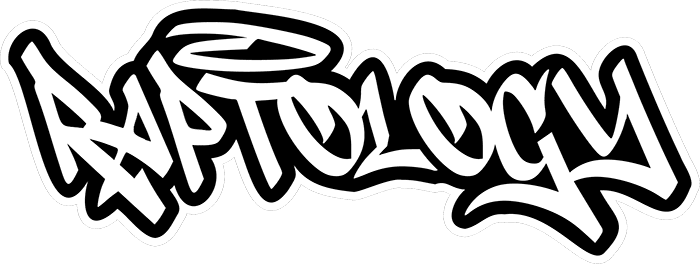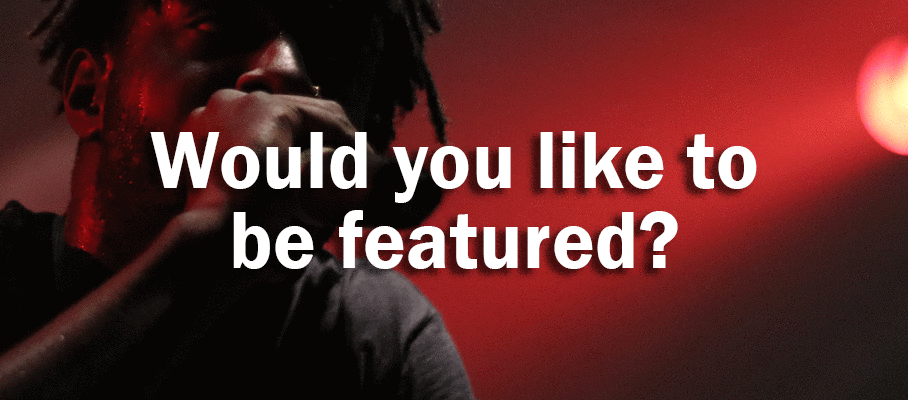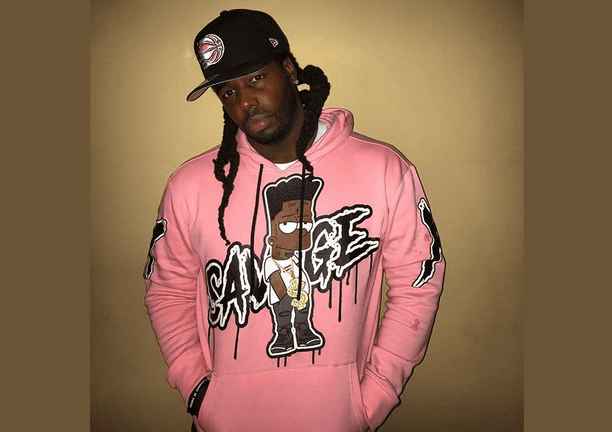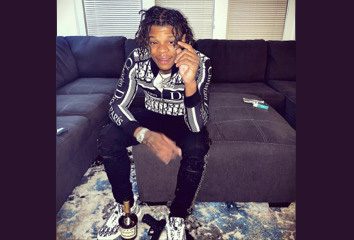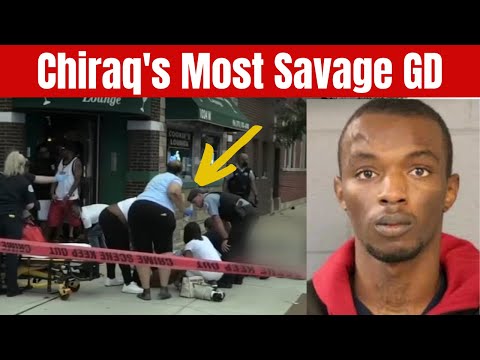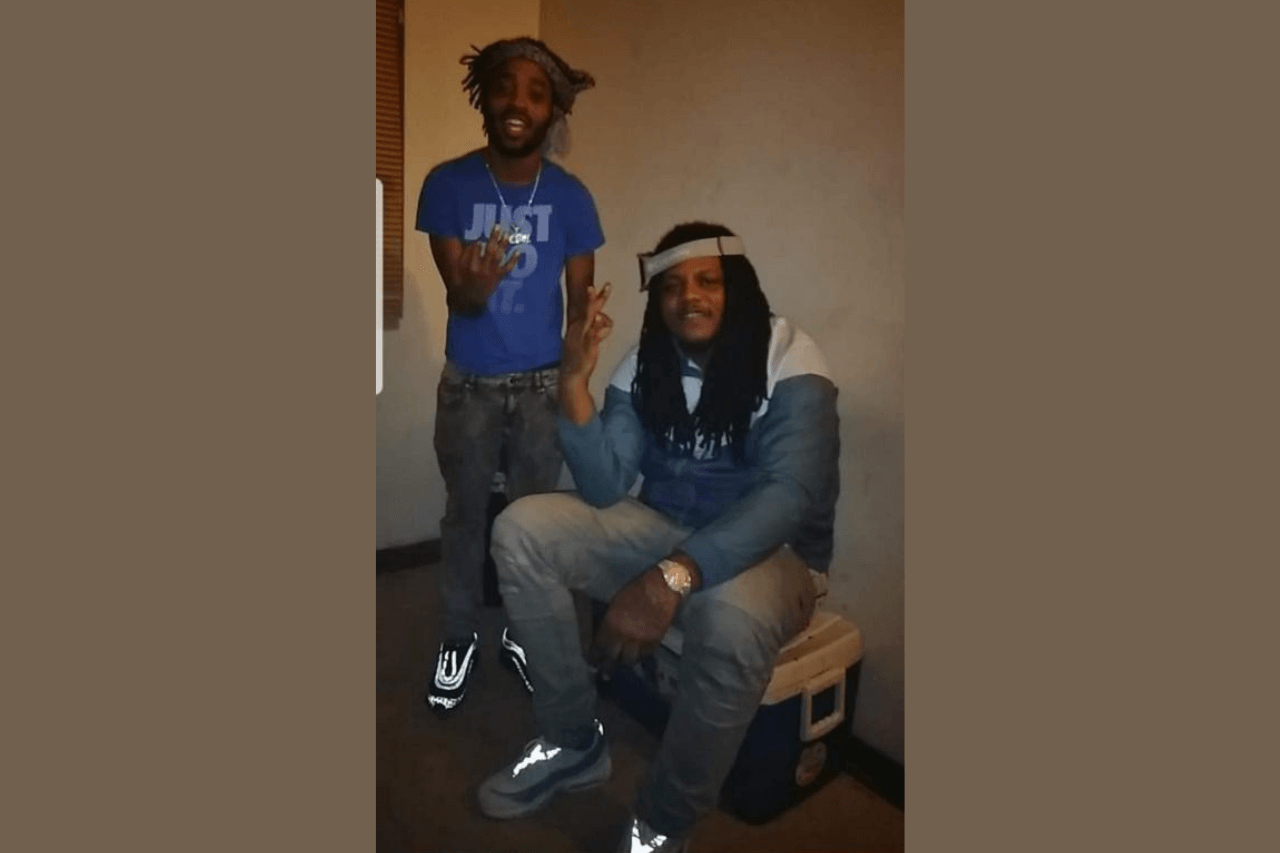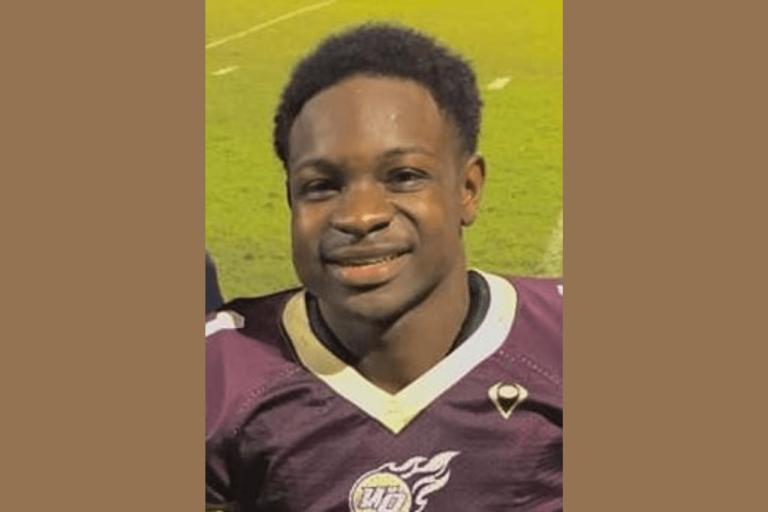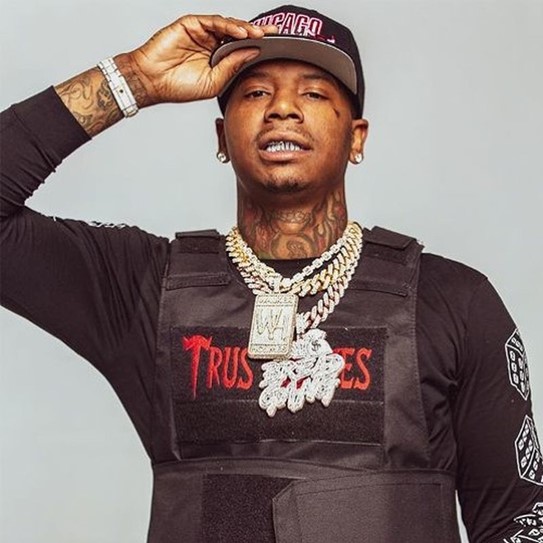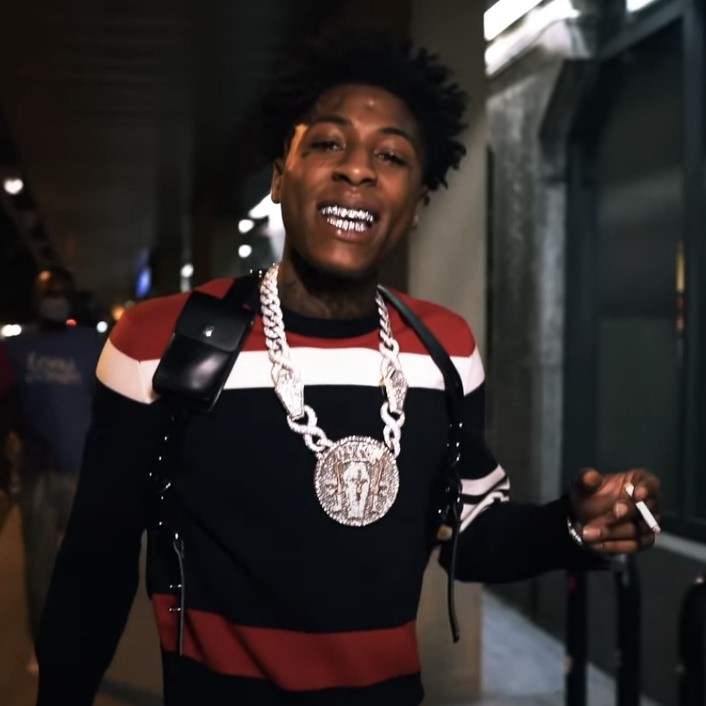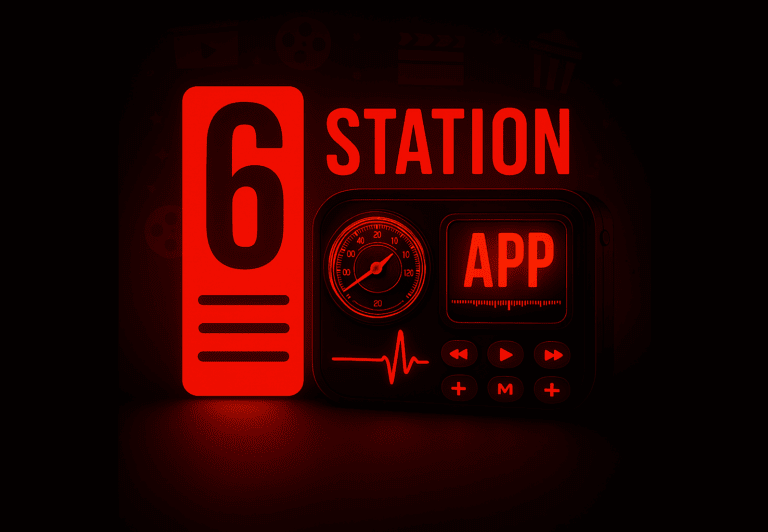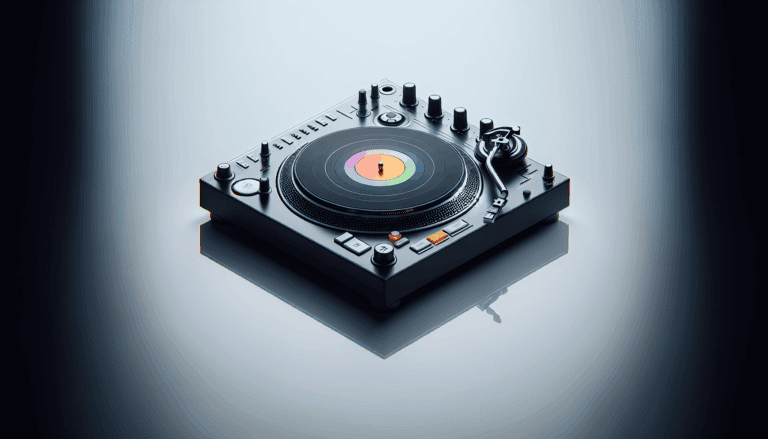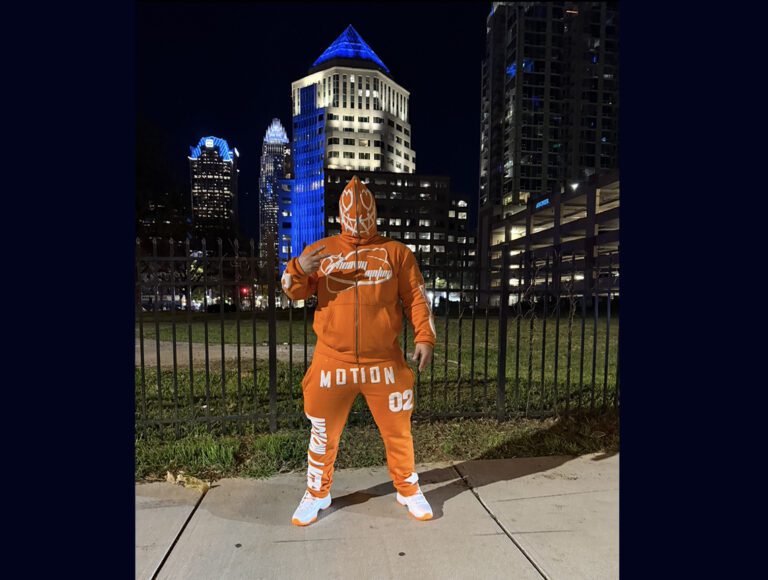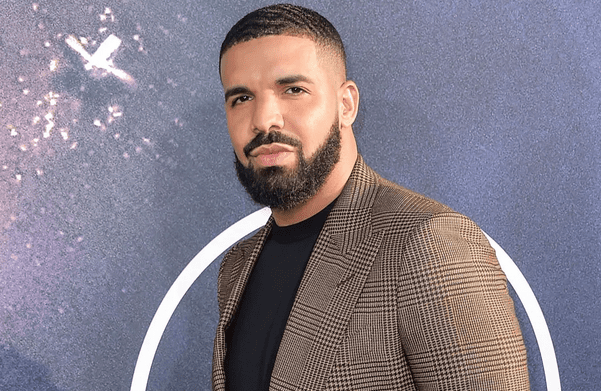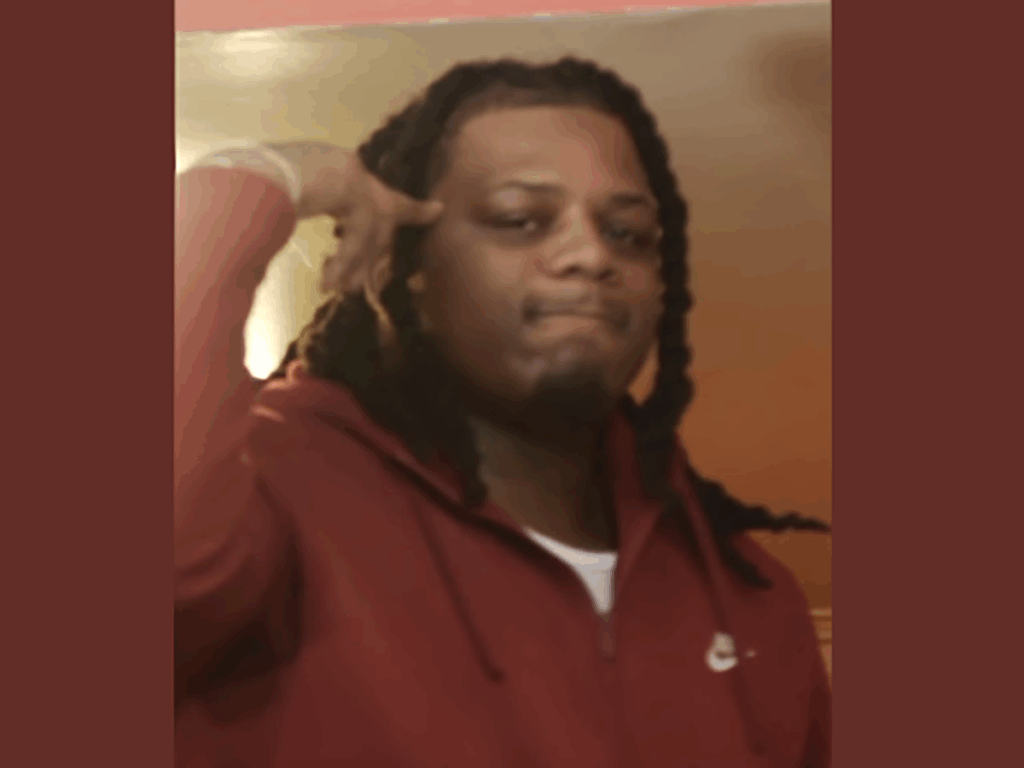
On August 4, 2020, the city of Chicago was rocked by the broad-daylight assassination of rapper FBG Duck, born Carlton Weekley, in one of the city’s busiest shopping districts. The high-profile murder triggered a ripple effect of violence that would ripple through the city’s gang landscape and hip-hop culture for years to come.
Now, after more than three months of emotional trial proceedings, justice — at least as defined by the legal system — has been served. A jury deliberated for just two days before convicting six men, all tied to the infamous O Block faction, for Duck’s murder. Each faces a mandatory life sentence.
Yet for many, the convictions offer little solace. The deeper wounds remain: families devastated, communities terrorized, and an endless cycle of violence that shows no signs of slowing down.
A Murder That Changed the City
FBG Duck wasn’t just another rapper. He was a polarizing figure, simultaneously celebrated and vilified for his blunt lyrics and unapologetic representation of Chicago’s gang culture. His track “Dead B***hes,” released shortly before his death, openly mocked deceased rivals — a dangerous provocation in a city where gang allegiances run deep and grudges endure for generations.
On that fateful afternoon in 2020, Duck was gunned down in Chicago’s Gold Coast neighborhood, a brazen act that made headlines nationwide. Surveillance footage showed multiple gunmen converging on the rapper and opening fire in a coordinated ambush. Authorities would later describe it as a “planned attack,” executed with military precision.
The killing, prosecutors argued during the trial, was a premeditated retaliation stemming from long-standing gang rivalries between Duck’s faction and the notorious O Block crew, an offshoot of the Black Disciples.
The Trial: Justice or a Drop in the Ocean?
Over the course of the trial, jurors heard harrowing details about how Duck’s murder was orchestrated. Evidence included surveillance footage, phone records, and even social media posts. Prosecutors painted a vivid picture: six men working together, crossing neighborhood lines, and risking it all to silence one voice in the ongoing gang feud.
“The defendants believed that killing FBG Duck would bring glory to O Block,” one prosecutor said during closing arguments. “It was about power, status, and retribution.”
The defense teams tried to argue gaps in the evidence and cast doubt on witness testimonies. But ultimately, the jury was unmoved, returning guilty verdicts across the board after just two days of deliberation.
In many ways, the swift verdict was a statement — a clear message from Chicago’s legal system that gang violence would no longer be tolerated with impunity. Still, to those living in the shadow of the violence, the convictions feel like a temporary fix to a much larger, festering problem.
Retaliation and the Never-Ending Cycle
If authorities hoped that convictions would end the bloodshed, reality proved far grimmer. In the immediate aftermath of FBG Duck’s death, the city saw a chilling wave of retaliatory murders.
One of the most high-profile retaliations was the killing of Dante Banks, known as DThang, the brother of rapper Lil Durk, who has deep connections to O Block. DThang’s death was seen by many as payback — an eye for an eye in a feud with no end.
Street politics fueled the violence. Songs, Instagram posts, and YouTube videos became weapons, with rappers taunting dead rivals and fueling already inflamed tensions. Online provocations often escalated into real-world shootings, deepening the city’s wounds.
“This isn’t just music. It’s real life,” says Chicago community activist Jamal Green. “These kids are mourning friends one week, and planning revenge the next. It’s a vicious, heartbreaking cycle.”
Hip-Hop, Gang Culture, and a City Under Siege
Chicago’s relationship with hip-hop is as complicated as the city itself. On one hand, artists like Chief Keef, Lil Durk, G Herbo, and FBG Duck have put the city’s South Side on the global music map. On the other, the raw authenticity that fuels their success often doubles as a blueprint for violence.
FBG Duck’s music didn’t shy away from gang affiliations. His lyrics often referenced dead enemies, alliances, and street politics — a reflection of a reality many fans couldn’t fully grasp. Within the city, however, the meaning was unmistakable.
Rap in Chicago isn’t just entertainment; it’s communication. It’s reputation. It’s survival.
And increasingly, it’s becoming deadly.
“Music is how they mark victories, call out enemies, and even mourn losses,” explains Dr. Lance Williams, a professor of Urban Studies at Northeastern Illinois University. “But in doing so, they perpetuate the same cycles of violence they’re trying to escape.”
The Children Left Behind
Perhaps the most heart-wrenching impact of Chicago’s gang and rap wars is the trauma inflicted on children. Kids grow up attending funerals more often than birthday parties. Many witness murders firsthand.
Following FBG Duck’s death, videos surfaced online showing the rapper’s mother speaking out, tearfully pleading for an end to the violence. She spoke not only as a grieving parent but also as a representative of countless other families left shattered.
Children who lose siblings, parents, or cousins to gang violence often suffer from PTSD, depression, and anxiety.
“It’s a lifetime of trauma for these kids,” says community organizer Tanya Lopez. “They don’t feel safe at home, at school, anywhere. They grow up believing that death is inevitable.”
Without serious intervention — mental health support, community programs, job opportunities — many fear that the next generation will simply repeat the cycle.
The Role of Social Media
Another sinister twist in the story is the role of social media.
Gang disputes that once simmered on street corners now play out in front of millions on Instagram, Twitter, and YouTube. Threats, insults, and taunts are broadcast to the world, accelerating the cycle of violence and dragging more participants into the conflict.
Artists often post themselves flashing money, guns, and making disrespectful references to rival factions. While some of it is marketing — a bid to portray toughness and street credibility — the consequences can be deadly.
“In Chicago, a diss song can get you killed,” says journalist and Chicago native Benjy Jeffries. “It’s not just about who’s the better rapper. It’s about who lives and who dies.”
A Systemic Problem
The violence tied to Duck’s murder is not an isolated phenomenon. It’s the result of decades of systemic neglect, poverty, racial segregation, and a lack of economic opportunities in Chicago’s South and West Sides.
Generations of young Black men have grown up feeling abandoned by society, turning to gangs for identity, protection, and even income. Rap provides a temporary escape, but the risks are enormous.
Without addressing the root causes — broken schools, lack of jobs, fractured families — the violence will continue, convictions or not.
“There’s no easy fix,” says Dr. Williams. “You can’t arrest your way out of this.”
Moving Forward
Despite the bleakness, there are glimmers of hope. Community organizations across Chicago are working tirelessly to intervene in gang disputes, provide trauma counseling, and offer alternatives to street life.
Programs like Chicago CRED, led by former U.S. Secretary of Education Arne Duncan, focus on outreach to the city’s most at-risk youth. Meanwhile, grassroots activists continue to demand more investment in mental health resources, education, and community centers.
Artists, too, are increasingly aware of the dangers. Some have pivoted away from “drill music” — a subgenre closely associated with violent lyrics — toward more positive messages.
Lil Durk, for instance, announced in 2022 that he would stop dissing dead rivals in his music, acknowledging the destructive impact it can have.
“It’s time to grow,” he said in an interview. “I want to be a role model, not a reason somebody dies.”
Conclusion: The High Cost of Street Fame
The murder of FBG Duck, the subsequent retaliations, and the conviction of six men linked to his death reveal a grim truth: in some corners of Chicago, fame can be a death sentence.
The line between hip-hop and real-life violence has blurred beyond recognition, with devastating consequences for individuals, families, and communities.
Duck’s legacy is complicated — a talented artist who could never fully escape the gravitational pull of the streets he rapped about. His death is a cautionary tale, a tragic example of how deeply intertwined music, violence, and survival have become.
Chicago continues to mourn not only Duck but countless others lost to a cycle that seems, at times, impossible to break.
The city must reckon with hard questions: Can music evolve beyond violence? Can communities heal from decades of trauma? And will the next generation find a way to choose life over death?
Until then, the streets remain tense, the wounds fresh, and the music bittersweet.
